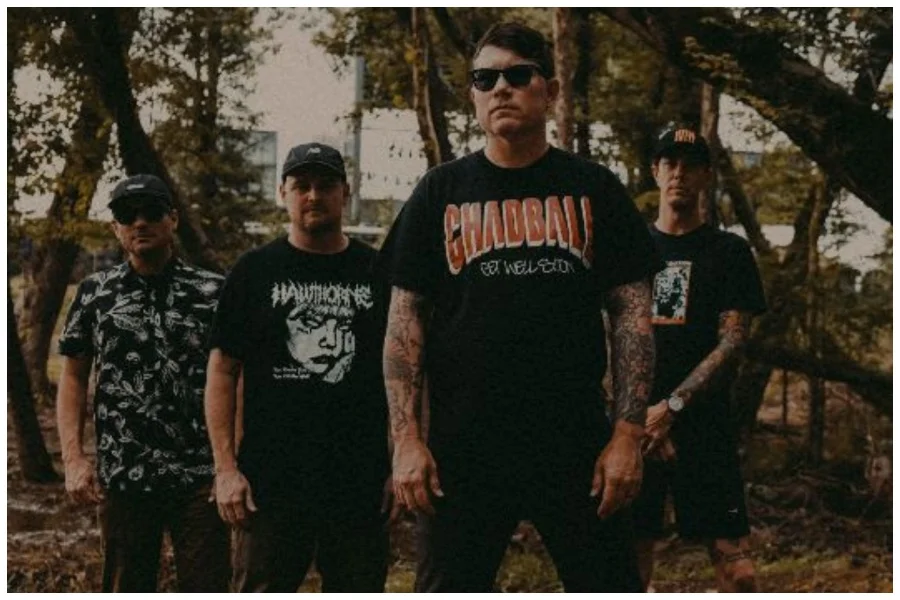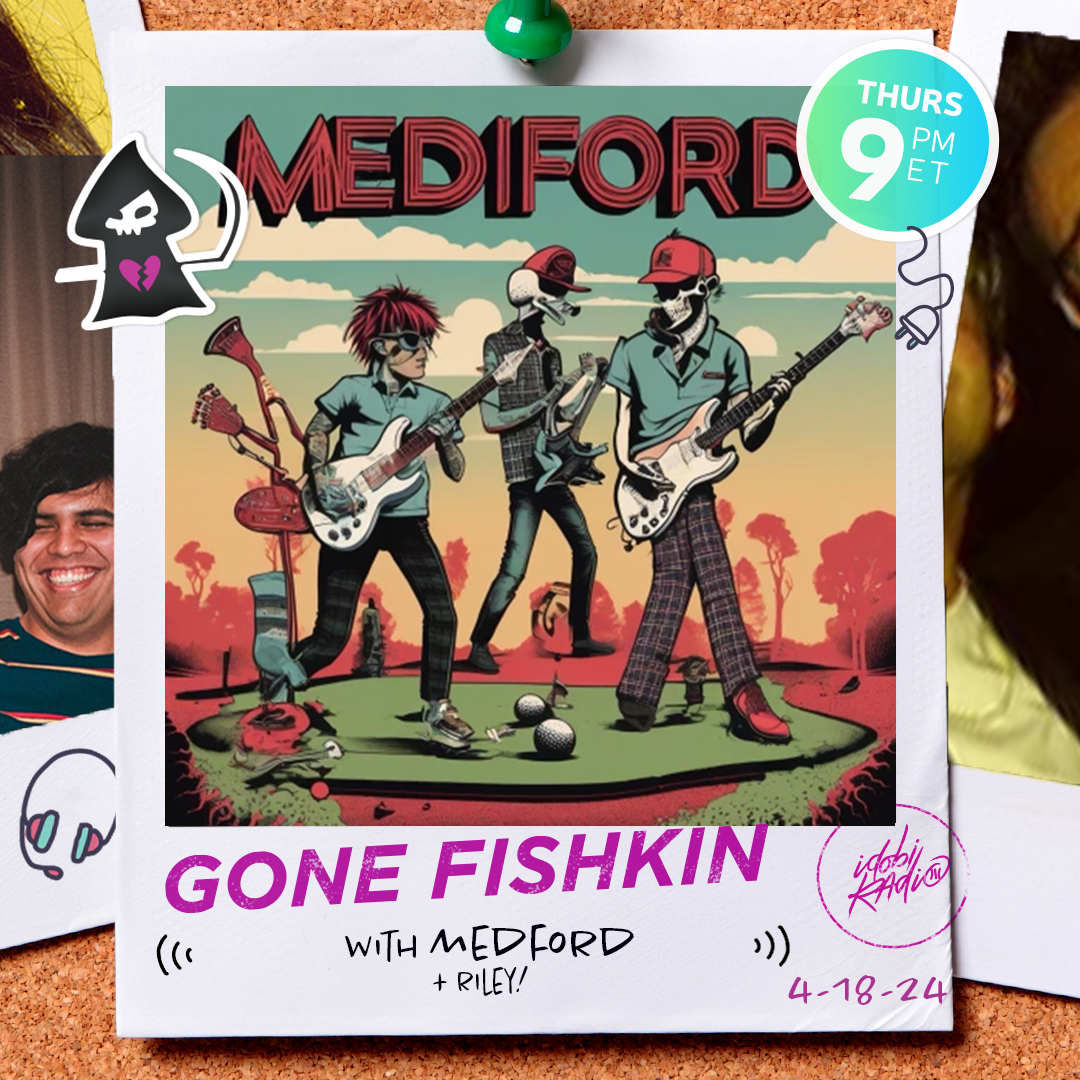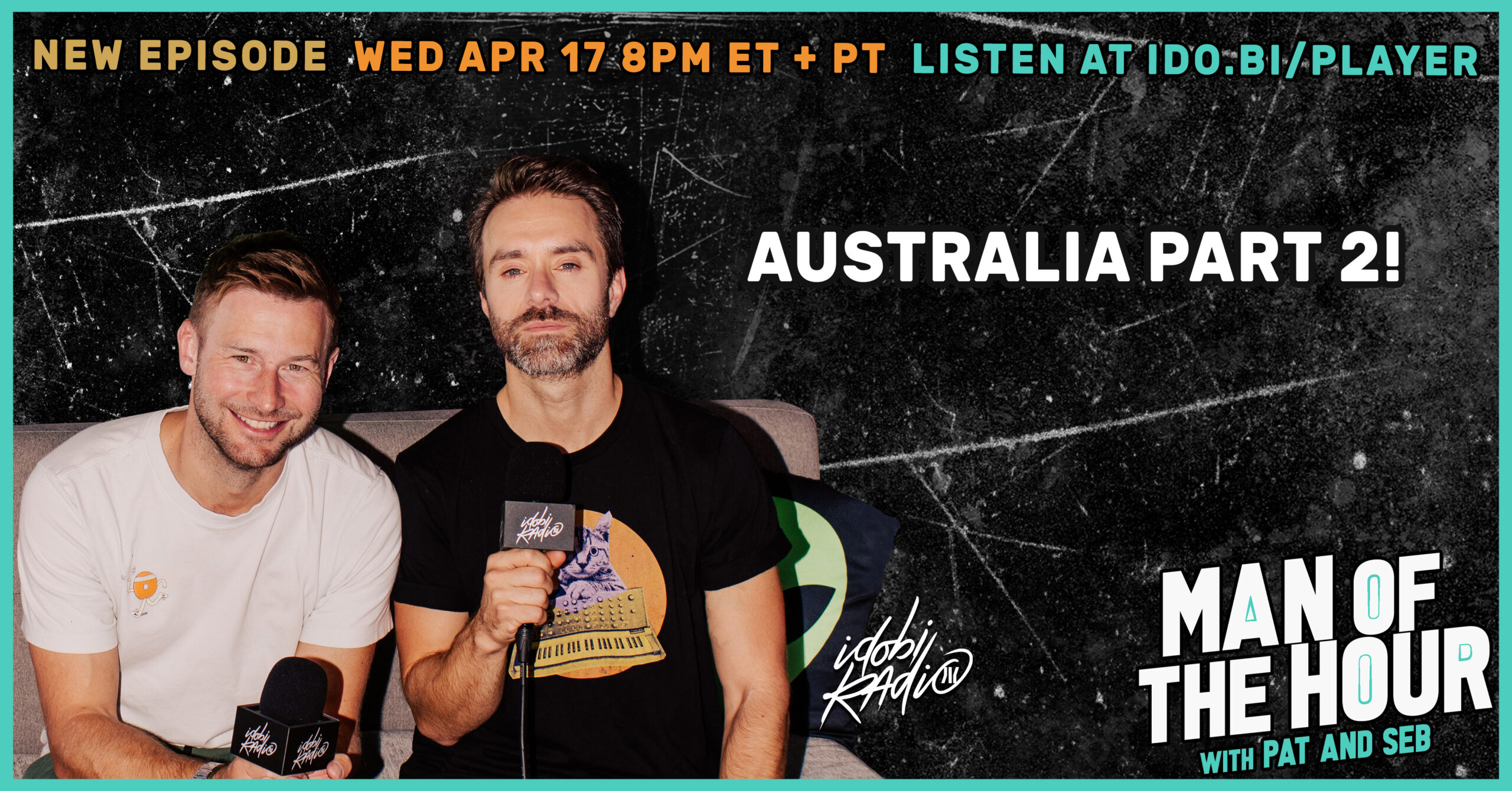It’s the kind of small moment on which rock ‘n’ roll history turns. It was Fall, 1978. The Ramones had just completed their fourth album, “Road to Ruin,” and the band felt certain it had recorded a hit single: the impossibly catchy “I Wanna Be Sedated.”
But the band was overruled; label executives opted for another track, “Don’t Come Close.” That single quickly disappeared, along with the Ramones’ hit-making aspirations.
“We really wanted ‘I Wanna Be Sedated,”‘ recalls guitarist Johnny Ramone. “But the record company picked the singles.”
So the No. 1 hit in November 1978 instead was the fluffy “You Needed Me,” by Canadian songbird Anne Murray. And so it went for the Ramones, the influential band that never quite cleared the commercial hump.
But evidence of their three-chord genius resurfaced recently with the re-release of the band’s first four albums, four years after the Ramones hung up their leather jackets for good. The Rhino Records repackaging of the classic albums covers the Ramones’ 1976-78 output, complete with an assortment of bonus tracks.
Speaking from his California home, Johnny Ramone says the band’s best work is included: album No. 3, “Rocket To Russia.”
“We peaked on that one,” says Ramone, reflecting on tracks that included “Rockaway Beach,” “Teenage Lobotomy” and “Sheena Is a Punk Rocker.”
“In 1977, we were probably at our best – in the studio and live,” he says.
Although the Ramones never enjoyed their much-hoped-for commercial breakthrough, Ramone looks back fondly on his two decades with the band. The sting of never getting that elusive hit is long gone.
“I’m over it,” the 52-year-old rocker says. “We had a good career. We made good money, and I saved money…. I had a 22-year career. People are nice to me. I’m retired. What more could I want?”
It was more than John Cummings (his real name) expected when he joined three friends from Queens to form the band in 1974. All four adopted the Ramones surname, and away they went.
Only somewhat recently did the band became aware of its influence on other musicians.
Irish rockers U2 have performed a Ramones cover during shows on their current tour. Bands such as Green Day and the Offspring have acknowledged the Ramones as musical godfathers.
“We stayed in our own world so much, we didn’t know that we were an influence,” Ramone says. “When we started playing with bands like Soundgarden and Pearl Jam, then we started seeing how nice people were, what they thought of us.
“Before that,” he continues, “it was a battle between us and everyone.”
That includes a lot of infighting. Johnny still doesn’t speak with bassist Dee Dee. And Dee Dee, who left the band in 1989, has no use for his ex-bandmates.
“Everybody in the band had problems: girlfriend problems, money problems, mental problems,” Ramone wrote in his recent autobiography, “Lobotomy.” “It just amazed me that people could keep believing in that happy family image of the Ramones.”
Because of their long-running feud, Johnny never spoke to Joey Ramone as the lead singer was dying of cancer.
“I’d call (a mutual friend) every other day to ask, ‘How’s he doing?”‘ Johnny says. “But I didn’t call him. I thought about it, but I wouldn’t want to hear from him if I was in that position.”
Joey Ramone died April 15 without the two reconciling.
“We didn’t get along,” Johnny says, resignedly. “We didn’t agree on anything.”
Except on their vision for the band: the leather jackets, torn jeans and sneakers that became semi-official Ramones gear. And on their music: two-minute blasts of maximum rock ‘n’ roll that were subversive and irresistible.
“We’d take playing well and doing well seriously,” Johnny says. “But we were entertainers, not doing anything important. We were there to entertain the crowd. It’s just rock ‘n’ roll.”
In his free time now, Johnny watches his beloved New York Yankees via satellite dish, catches a lot of movies, and goes out to dinner with his wife.
He has little interest in current music, although he listens to Marilyn Manson, Pearl Jam, and ex-Soundgarden singer Chris Cornell. Mostly, he goes back to the music of his youth: “From the ’50s and ’60s. It’s still the best stuff.”
He doubts that another band like the Ramones will appear out of nowhere and survive for 20-odd years the way his band did.
The music industry won’t let it, he says.
“There was a time when you could be good, and not sell records,” he reflects. “I don’t think that’s still around. Right away now, it’s ‘What sells? What’s the promotion?”‘





























